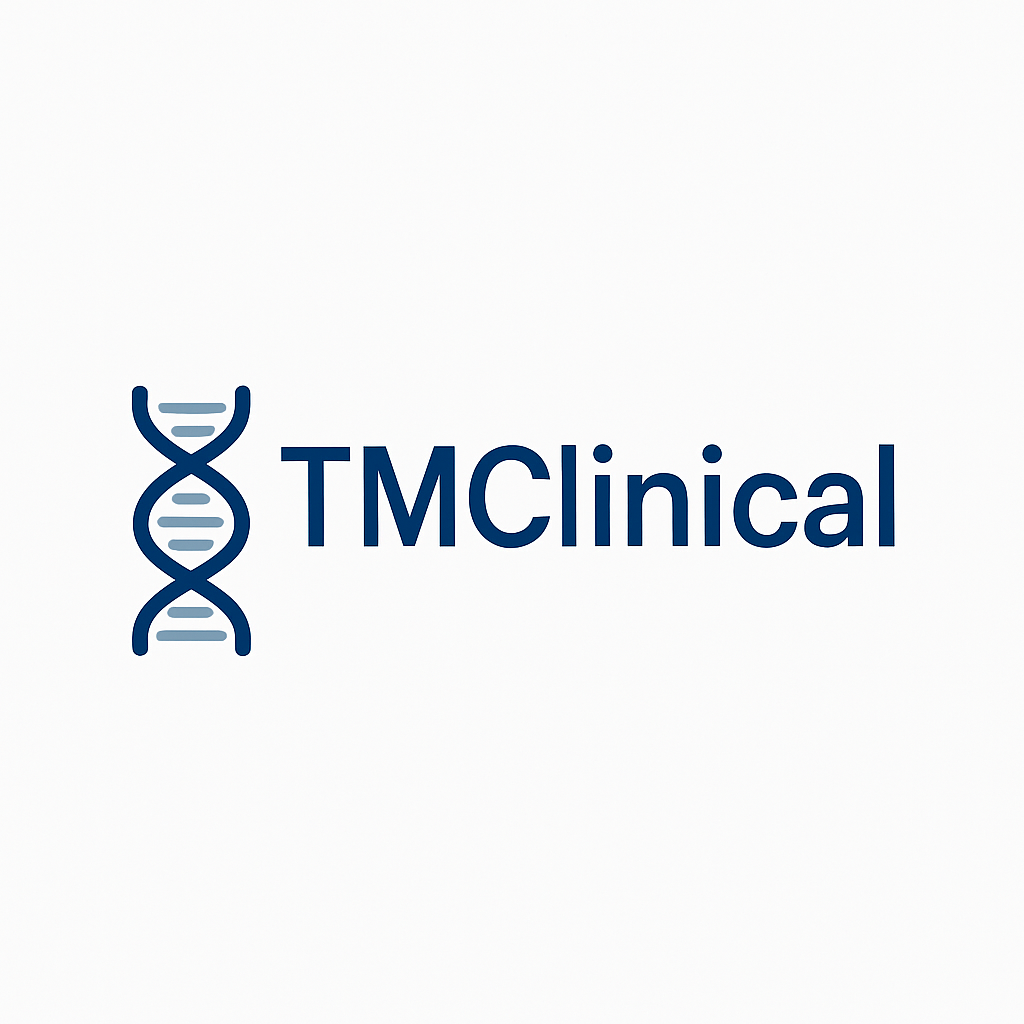Clinical trials are of vital importance for public health and safety, but they represent an enormous risk to pharmaceutical companies. According to the New Clinical Development Success Rates 2011-2020 Report, less than one-third of all drug candidates pass from Phase II to III. The probability of success before and after that is around 50%. The average time to approve a new drug is 6-8 years.
The right Contract Research Organization (CRO) can remove some uncertainty from this process. CROs ensure that critical conditions of clinical trials are met, starting with regulatory compliance and patient safety. Their involvement introduces efficiency that leads to faster approvals, reduced costs, and earlier access for patients. Over time, a strong CRO partnership drives market success.
A growing number of pharmaceutical companies, biotech firms, and academic research institutions struggle to achieve these goals internally, so they rely on CROs for help. Doing so requires them to exercise due diligence. Before entrusting them with their product, budget, and reputation, companies must validate the CRO’s capabilities and credibility by asking the right questions.
This article provides 10 questions to ask when choosing a CRO and discusses the importance of rigorous screening for clinical trial success, as well as the real-life consequences of choosing wrong. You will also learn what to request from a CRO candidate and the red flags to watch out for.
Why the Right CRO Partner Matters
Learning what CROs do and choosing a CRO partner is not only a logistical decision but also a strategic investment. A CRO with strong project management skills, patient recruitment networks, and regulatory experience and expertise can speed up testing and approval by months or more.
Well-executed clinical trials conducted by capable CROs often mean the difference between business failure on one side and once-in-a-generation medical breakthroughs on the other.
In a hyper-competitive market where speed is survival, failure to conduct a thorough vetting process when selecting a clinical research organization can have lasting negative effects:
- Exhausting financial resources without a measurable return;
- Missing the opportunity to capitalize on market exclusivity;
- Being outpaced by competitors in product launch or approval.
More than that, poorly executed clinical trials can have real-world impacts beyond missed deadlines and market opportunities. Any compliance-related irregularities or protocol deviations can lead to irregular results and put both the drug and the company behind it at reputational risk.
The right CRO is a company’s partner in risk, reputation, and results. It’s in their mutual interest to align goals in three critical areas: trial strategy, compliance, and budget. Every CRO that can’t or won’t ensure early objectives alignment, compliance, and financial discipline is a mismatch.
Top 10 Questions to Ask Before Signing
The CRO selection process can have a lasting impact on your company and the industry at large. Before you commit to a research partner, you need to ask sharp, targeted questions.
This section covers what to ask a CRO before the contract is signed: questions designed to uncover gaps in experience, communication, compliance, and delivery that could put your clinical trial at risk. They can help you determine whether the CRO’s systems and people are the right fit.
1. What Is Your Experience With Similar Trials or Indications?
Clinical trials are designed and managed with respect to different therapeutic areas and their unique aspects. A CRO with prior experience in your specific area will already have a practical understanding of its regulatory requirements, patient population, and possible challenges. Experience ensures a smooth clinical trial by minimizing errors and reducing onboarding and recruitment time.
What to ask for: Request case studies, references from previous sponsors, or trial metrics relevant to your indication, and ask how these experiences have shaped their current practices.
2. How Do You Manage Communication and Reporting?
A study by Axelerist found that 80% of clinical trials face delays, and 94% of delays last more than one month. While many factors contribute to setbacks, insufficient communication, delayed reporting, and unclear escalation procedures are the top contributors. A dependable CRO should have established rapport channels and reporting schedules that prevent communication breakdown.
What to ask for: Ask about the CRO’s reporting policy. How often do they send updates (weekly, biweekly, or monthly) and how (collaboration tools, digital reports, live meetings)?
3. Who Will Be on Our Project Team?
The global contract research organizations market is valued at $111 billion in 2024. It’s a productive but fiercely competitive industry with its own business agenda. CRO proposals always look good on paper, even when the people who execute the work are not up to par with the task. You have the right to know who your team members will be and to assess their experience and availability.
What to ask for: Request to meet key team members and discuss their background, experience, and schedule. Ask for assurance that the company will not be facing turnovers mid-trial.
4. What Is Your Approach to Quality Assurance and GCP Compliance?
Audit readiness isn’t something you prepare for at the end, but a mindset that needs to be integrated from day one. The right CRO should demonstrate a culture of compliance, with systems in place for ongoing quality checks and full adherence to Good Clinical Practice (GCP).
What to ask for: Ask about the CRO’s standard operating procedures (SOPs), training programs, audit schedules, and documentation practices. The information they provide should showcase that they are prepared for inspections and know how to maintain compliance under scrutiny.
5. Can You Walk us Through Your Startup Timeline?
A well-organized study startup lays out the foundation for the overall success of the clinical trial. This is one of the most critical phases, but also one of the most prone to delays. It’s important to have a CRO partner who can clearly outline the startup steps and guarantee timely execution. An efficient timeline shows a CRO with experience, operational maturity, and strategic foresight.
What to ask for: A CRO should be able to walk you through their typical process from site feasibility to First Patient In (FPI), and discuss average timeframes and mitigation strategies.
6. What KPIs Do You Track and Report?
Key performance indicators (KPIs) should provide real-time insight into how the study or clinical trial is progressing. Respectable CROs track these metrics internally and report them to sponsors regularly, along with actionable suggestions on corrective actions and areas of improvement. It’s also important that KPIs allow you to hold CROs accountable for performance and efficiency.
What to ask for: The CRO should measure and provide enrollment rates vs. targets, screen failure rates, protocol deviations, query resolution times, data entry lags, and performance trends.
7. What Is Your Vendor and Site Management Approach?
One of the main reasons for outsourcing clinical trials to CROs is the lack of essential infrastructure. CROs are in charge of finding, vetting, and selecting third-party vendors and clinical sites, both of which play key roles in trial execution. Since they are also common sources of delays and errors, it’s expected of CROs to have strong processes for managing and monitoring external partners.
What to ask for: How are sites recruited and assessed? What are the communication protocols with site staff? How does the CRO usually manage underperforming sites or vendors?
8. Can You Share Pricing Transparency and Change Order Practices?
Clinical trials are expensive. The total cost to develop an approved drug ranges from $314 million to $4.46 billion. While the Phase III alone costs hundreds of millions, delays are even more expensive: a one-year delay can cost $1-2 billion in lost revenue. The importance of strategic budgeting and financial discipline in trials cannot be overstated, and that includes pricing transparency.
What to ask for: Learn more about the CRO’s change order philosophy. Clarify how they define and charge for out-of-scope work and what you can do to avoid unexpected charges.
9. Have You Worked With Small Sponsors or Virtual Biotech Before?
CROs provide services to pharmaceutical and medical device companies, biotech firms, academic and research institutions, and government and non-profit organizations. Their client lists often include large pharma companies, as well as smaller sponsors who need more flexibility, communication, and hands-on support. Not every CRO is equipped to serve both types of organisations well.
What to ask for: Ask about their experience with early-stage or virtual biotechs. Can they adapt their SOPs and company culture to support smaller, more agile sponsors better?
10. What is Your TMF and Documentation Process?
The importance of maintaining an inspection-ready Trial Master File (TMF) is well-documented in industry literature, which refers to it as “the difference between a successful drug approval and a costly failure” and “one of the most critical elements of a clinical trial.” A well-maintained, inspection-ready TMF is not only a reflection of operational discipline; it’s also a legal requirement.
What to ask for: Learn about their eTMF platform and how they use it to update documents and keep them quality-checked. The CRO should be ready to give your team access permission.
Red Flags to Watch Out For
CRO due diligence should help spot red flags that can signal future complications:
- Lack of a clear escalation structure: One major warning sign is when a CRO cannot explain how issues are identified, reported, and resolved, or who is held accountable for each step. Lack of a clear escalation structure indicates weak internal coordination and poor crisis management, both of which can lead to delays and trouble with regulatory compliance.
- Over-promising on timelines: Some CROs may be inclined to over-promise in order to win new business. Ambitious schedules are tempting, but they are often based on unrealistic projections that lead to missed milestones and budget overruns. A reputable CRO will provide data-driven estimates and be transparent about potential risks or bottlenecks.
- Vague or unsatisfactory answers: Asking the right CRO selection questions helps reveal a lack of operational maturity and regulatory discipline that could put your trial at risk. CROs who give vague or unsatisfactory answers about non-negotiables like GCP compliance, audit readiness, SOPs, and external vendor oversight practices should not be trusted.
Bonus Tip: Always Request a Capabilities Presentation
Before making a final decision, sponsors have the right to request a formal capabilities presentation from the CRO. This is an excellent opportunity to evaluate not just their qualifications and guarantees, but also how well they understand the therapeutic area and the study’s specific needs.
Pay attention to the depth of content and how confidently the team discusses timelines, regulatory expectations, and risk management. A well-prepared presentation reflects operational maturity and strategic alignment, allowing you to assess the CRO’s expertise and cultural fit.
Downloadable Checklist
Choosing the right CRO is too important to leave to guesswork. To help you navigate this process with confidence, we’ve compiled a detailed checklist of the top questions every sponsor should ask, including tips on what to look for in the answers and how to spot risks and red flags.
Download our guide on how to choose a CRO by asking the right questions.
Take Control Over Your CRO Selection
The stakes in clinical research are too high to rely on assumptions. During the process, your CRO will be entrusted with your data, deadlines, and reputation, so it’s critical to validate their capabilities through due diligence. Use the CRO selection questions to go beyond surface-level promises and uncover how each partner operates in practice and how they can support the trial’s goals.
The right questions can protect your investment, help you stay prepared for audits, and increase the likelihood of a successful trial. Don’t leave it to chance, but ask with purpose.


Leave a Reply